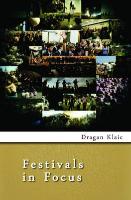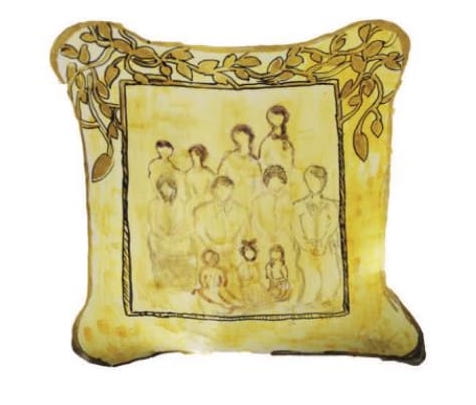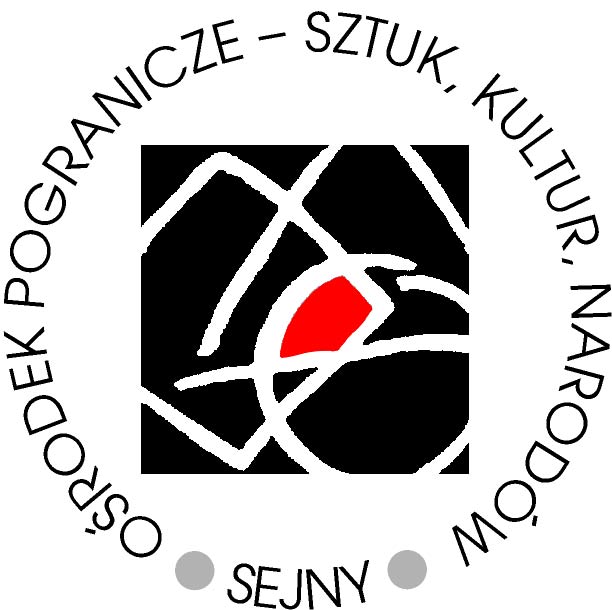Festivals in Focus - a book by Dragan Klaic

The proliferation of festivals across the world has given birth to a new academic field: festival studies. Before his premature death Dragan Klaic was the greatest early authority of this discipline. Festivals in Focus contains the last essays which Klaic composed as introductory chapters for a collected volume on festivals.
The four essays display the author’s sharp critical ability and raise stimulating questions about cultural festivals not just in Europe but worldwide. Klaic succinctly addresses the historical evolution of festivals, as well as their types, contents and settings.
The volume includes an introduction by Christopher Maughan and Franco Bianchini, an essay on the future of festivals by Bernard Faivre d’Acier, the long-time director of the trend-setting Festival d’Avignon, and appreciations of Klaic by Krzysztof Czyżewski, Anne-Marie Autissier, Lucy Neal and Rose Fenton.
Published by the Budapest Cultural Observatory, distributed by CEU Press
144 pages, paperback, 2014
978-963-08-7940-8
$22.95 / €15.95 / £13.50
Below, you can read a fragment from Krzysztof Czyzewski's essay, "KULTURTRAEGER DRAGAN KLAIĆ", published in the book.
Mobility of Imagination. A Guide to International Cultural Cooperation was the first book by Dragan Klaić published in Poland1, although some of his articles and columns appeared in Polish periodicals and edited books. The modest amount of publications stands in contrast with the number of his friends, collaborators and disciples this indefatigable thinker, expert, lecturer and traveller had in Poland. The contrast is even bigger if we consider his imposing expertise in Polish culture concerning not only theatre, that he knew inside out, but also literature, history, Polish-Jewish relations, the traditions of the Parisian Kultura2, KOR [Workers’ Defence Committee] and Solidarity, and after 1989, his expertise in Poland’s cultural as much as foreign policies.
Lublin was the only city candidate for the European Capital of Culture this expert on European projects came in close co-operation with, co-authoring its first applications. Still remembered today is the amazement of the city mayor during his first meetings with this Amsterdam-based expert who pointed out to him all the strong and weak points of the city, beginning with the Polish-Lithuanian Union, Western and Eastern influences along with the multicultural heritage, migrations of the population, historical disasters, the rich traditions of the universities and alternative theatre, concluding not only with a description of the current cultural infrastructure of the city but developing it to include a detailed analysis of Lublin’s economic investment, demographic and geopolitical problems. This anecdote highlights not only Dragan Klaić’s knowledge as such but the way he understood and practiced international cultural co-operation.
Mobility of Imagination is one of those books whose content is as important as the author. And as Dragan Klaić belongs to those reticent in speaking, least of all, writing about themselves, it seems worthwhile to examine the man behind this systematically ordered guide book for experts. All the more worthwhile that the success of international cultural co-operation depends on something more than just textbook type professionalism, even top quality one. This “something” might seem elusive as it is apparently connected with interpersonal relations, authenticity and life experience of concrete people.
The value of cultural co-operation itself is indisputable nowadays. The world favours it and Europe constitutes a significant factor of integration; it is also aided by the mobility of our fluid contemporaneity and globalisation. It all seems obvious, but for its enthusiasts the difficulty lies in obtaining constantly refined tools and means of development. While considering it, it is also worthwhile remembering that the author of the Mobility of Imagination himself experienced the appalling consequences of the collapse of Yugoslavia and Tito’s vision for a nation that occupied a common cultural space, one that integrated several nationalities and offered a common identity, language and a dense network of contacts, including artistic ones. The destructive and bloody break-up of Yugoslavia was a traumatic experience that left behind only physical and spiritual ruins and a disbelief in the value of other “naive” projects, and which led some to develop a defeatist consent about life, enclosed within their national or other horizon-limiting perspectives. With Dragan Klaić it was different. His engagement in “Europe as a cultural project” and his creation of alternative transnational platforms of co-operation in the world, benefitted from the intensity and total commitment of a man who knew very well the price of losing something precious and who had the knowledge of how easy it was to destroy the edifice of co-existence which had been constructed years before but which disappeared so very rapidly. Dragan Klaić understood very well that genuine cultural cooperation cannot be based on ideology, hypocrisy or coercion. One sensible lesson that can be learnt from the destruction of a bridge in a neighbourly conflict is the construction of a better, more solid bridge, because there is no other alternative. Therefrom stems the importance of the role of the teacher able to pass on the arcana of his craft, by others unnoticed, ignored or treated cursorily. And that is why Dragan Klaić’s book is based on precision and meticulous approach to detail, wide and multi-faceted scrutiny, reference to what is concrete and experienced, dragging idealists back to earth and handing them the tools to work with. This post-Yugoslav citizen tells us between the lines that international cultural co-operation performed carelessly is something worse than just some bad or failed co-operation. It means yielding to the forces of parochialism, destruction and xenophobia, whose power feeds on nothing else but our nonfeasance, ineptitude and loss of vigilance towards the darker side of our nature.
1 D.Klaić, Mobilność wyobraźni. Międzynarodowa współpraca kulturalna. Warszawa 2011.
2 Kultura, sometimes referred to as "Kultura Paryska", was a leading Polish-émigré literary-political magazine, published from 1947 to 2000 by Instytut Literacki (Literary Institute), initially in Rome, then in Paris.








